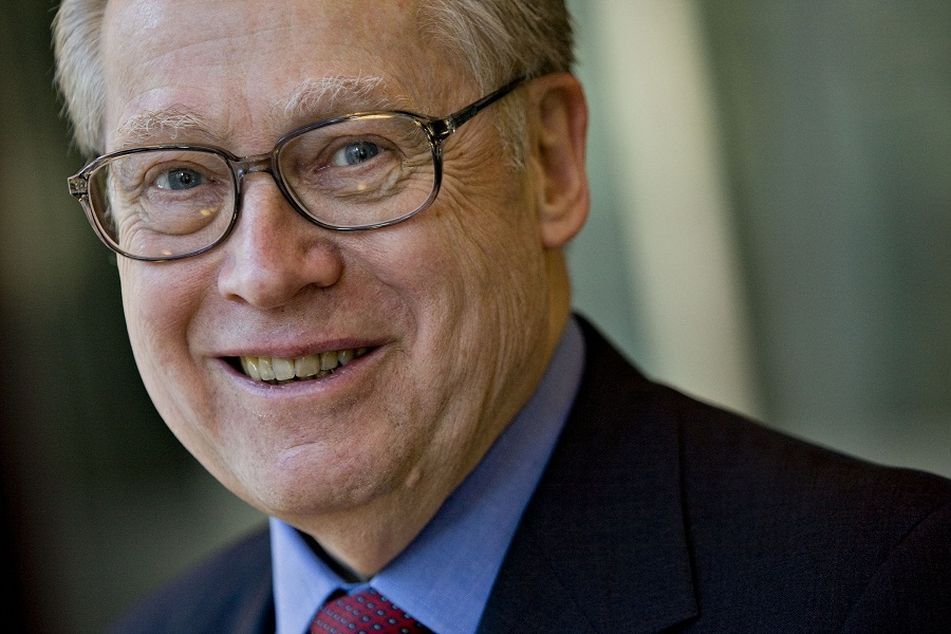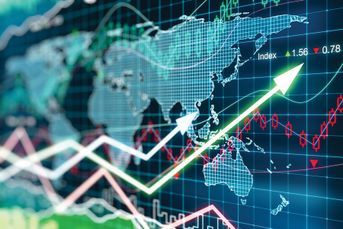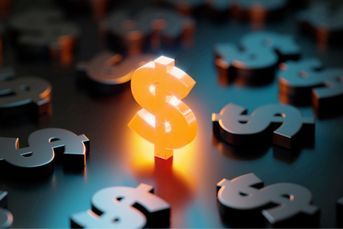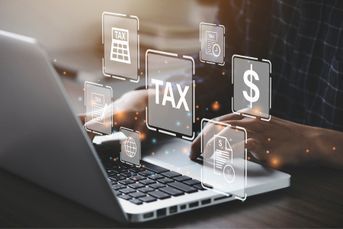Loomis Sayles’ Dan Fuss says Fed stuck ‘between a rock and a couple of hard places’

50-year market veteran says the global economic slowdown complicates the central bank's plan to raise interest rates.
A potential global economic slowdown is complicating the Federal Reserve’s decision on whether to raise interest rates for the first time in almost 10 years, according to Dan Fuss, vice chairman at Loomis Sayles & Co.
As the central bank gets ready to lift its benchmark interest rate from near zero, Chairwoman Janet Yellen must consider whether the move could stifle growth in other areas of the world as a higher-yielding U.S. currency siphons investment from weaker economies, Mr. Fuss said. The Bloomberg Dollar Spot Index has risen almost 20% in the past year.
“The Fed is between a rock and a couple of hard places,” said Mr. Fuss, 81, who’s spent more than 50 years in the bond and equity markets and is one of the Boston-based managers of the $22 billion Loomis Sayles Bond Fund.
(More: Dan Fuss’ Loomis Sayles Bond Fund underperfoms, hit by dollar’s rise)
The International Monetary Fund this month reiterated its recommendation that the Fed hold off on raising interest rates until the first half of 2016, when wage and price inflation are expected to pick up. It also said risks to the world recovery remain “tilted to the downside,” and projected economic growth of 3.3% in 2015, slower than the 3.4% expansion last year.
STIMULUS, LOW RATES
Central banks in Europe, Japan, Canada and Australia are injecting stimulus or keeping rates low to bolster their economies. More than 30 countries have either cut interest rates or introduced monetary stimulus in 2015, according to Bloomberg data.
In the U.S., domestic pressures such as employment growth support an interest-rate boost, Mr. Fuss said.
The nation’s jobless rate is the lowest since 2008, and investors are betting the Fed will lift its target rate as soon as September. At their last meeting in June, Fed officials’ quarterly forecasts indicated that two rate increases this year would be appropriate, based on the median projection of 17 committee members.
“It isn’t the case where you take all your money and go long in the bond market by any means,” Mr. Fuss said. “The pressure will mount on the Fed and they will have to start to let that short-term rate come up.”
Learn more about reprints and licensing for this article.








